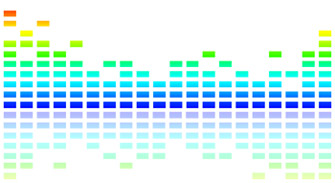Does your old audio sound faded, or have other defects? Over the years, analog audio will degrade in sound quality. Our audio restoration team in Denver can help analyze your source audio and digitally eliminate unwanted elements, making your audio sound remarkably better.

DVD Your Memories currently offering services in these and nearby San Diego areas:
Carmel Valley, Rancho Penasquitos, Rancho Bernardo, Mira Mesa, Poway, La Jolla, Torrey Pines, Encinitas, Del Mar, Escondido